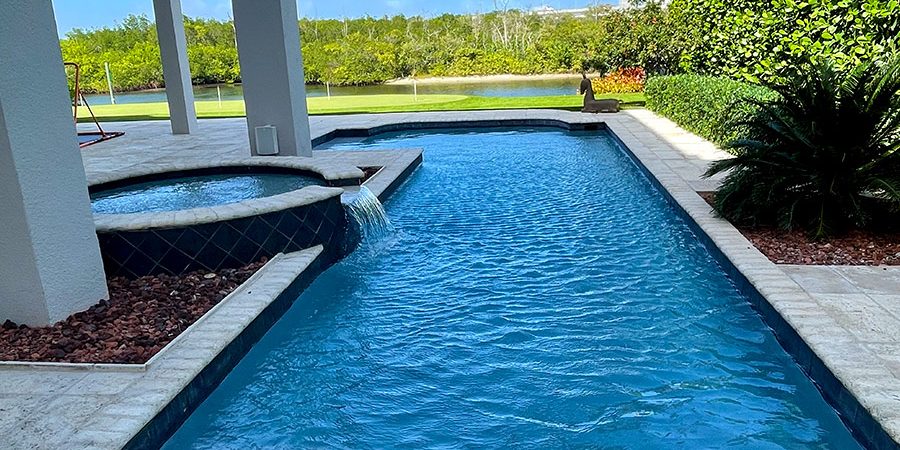- Pool leaks can lead to costly repairs and major damage if left unchecked. It’s important to identify and address any potential pool leaks as soon as possible. Symptoms of a leak may include a sudden drop in water levels, damp patches around the pool area, or hearing the sound of running water.
- In addition to physical damage, pool leaks can also result in increased energy costs. If a leak isn’t repaired quickly and efficiently, it will cause the pump to run continuously, resulting in higher electricity bills.
- The cost of repairing a pool leak depends on the size of the leak and the type of material used to repair it. For example, patching a small hole may be relatively inexpensive while replacing an entire wall might require more extensive repairs.
- Before attempting any kind of repair work yourself, always consult with a professional who has experience dealing with pools and related systems. They will be able to assess the situation and recommend the best course of action for you and your pool’s specific needs.
- Pool leaks don’t always occur at the pool’s surface. In some cases, they can be located in underground pipes or other areas that provide access to water sources. As such, it’s important to inspect your pool regularly for signs of leaks and take any necessary repair steps as soon as possible.
- If you suspect a leak but aren’t sure where it’s coming from, try using dyes or food coloring in the water. These materials will help pinpoint exactly where the leak is located so you can tackle the issue more effectively.
- Depending on the severity of the problem, there are several different ways you can go about repairing a pool leak. This includes patching up holes with epoxy or caulking compounds, placing patches over ruptured areas, or replacing entire sections of piping.
- The type of repair you choose should depend on the severity of the leak and its location in the pool. If it’s a minor problem, patching up the hole may be sufficient to fix the issue and prevent any further damage from occurring.
- Another way to help reduce water loss from a pool is by investing in a pool cover or top-up system. These systems are designed to capture any evaporated water and keep it contained within your pool so you don’t have to deal with costly leaks or repairs due to evaporation-related issues.
- Finally, taking steps to maintain your pool can help avoid future problems associated with leaks and other damages.
10 Things to Know About Pool Leaks


